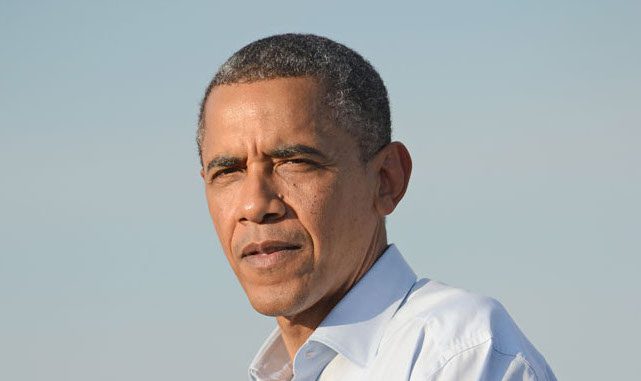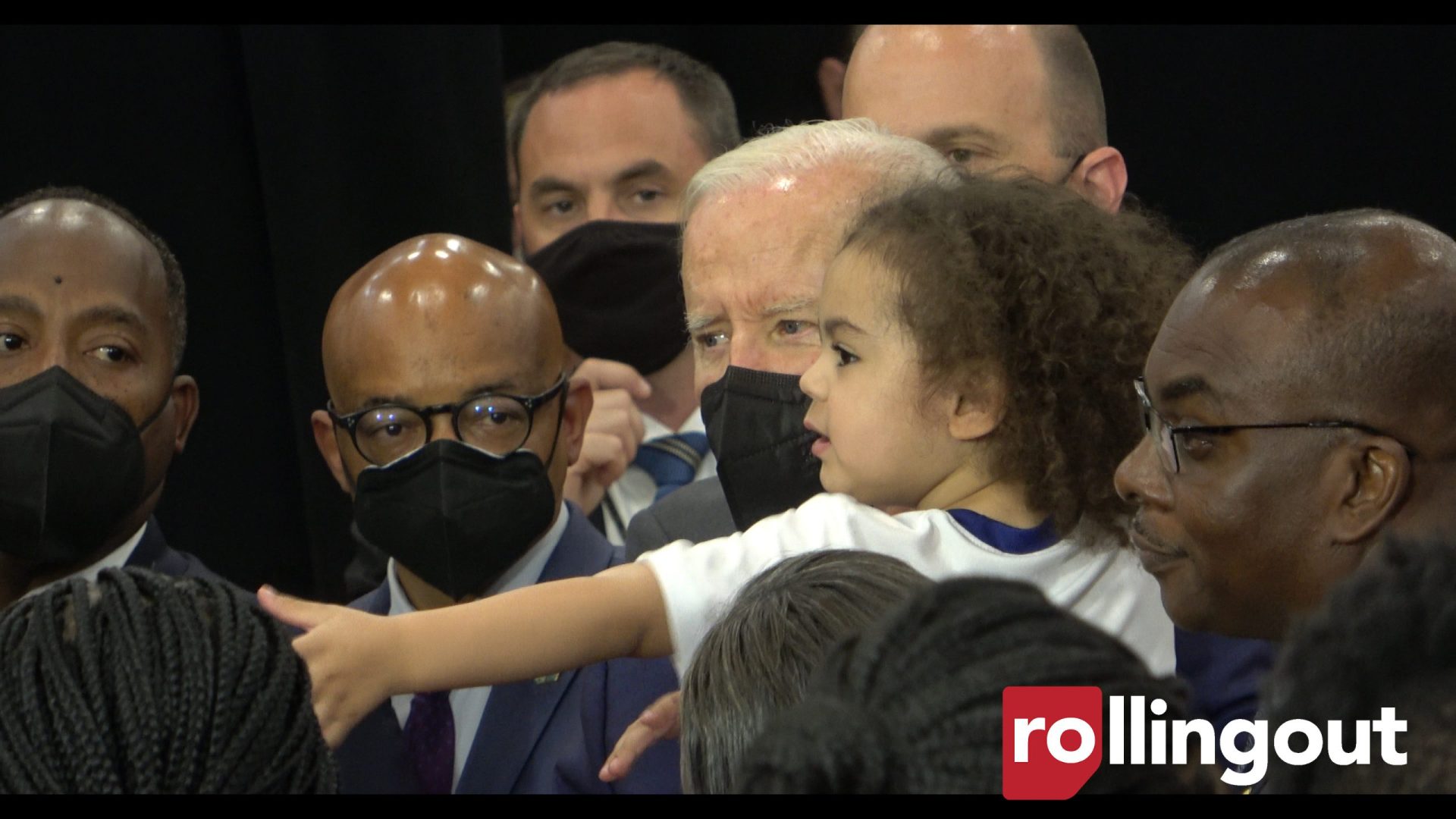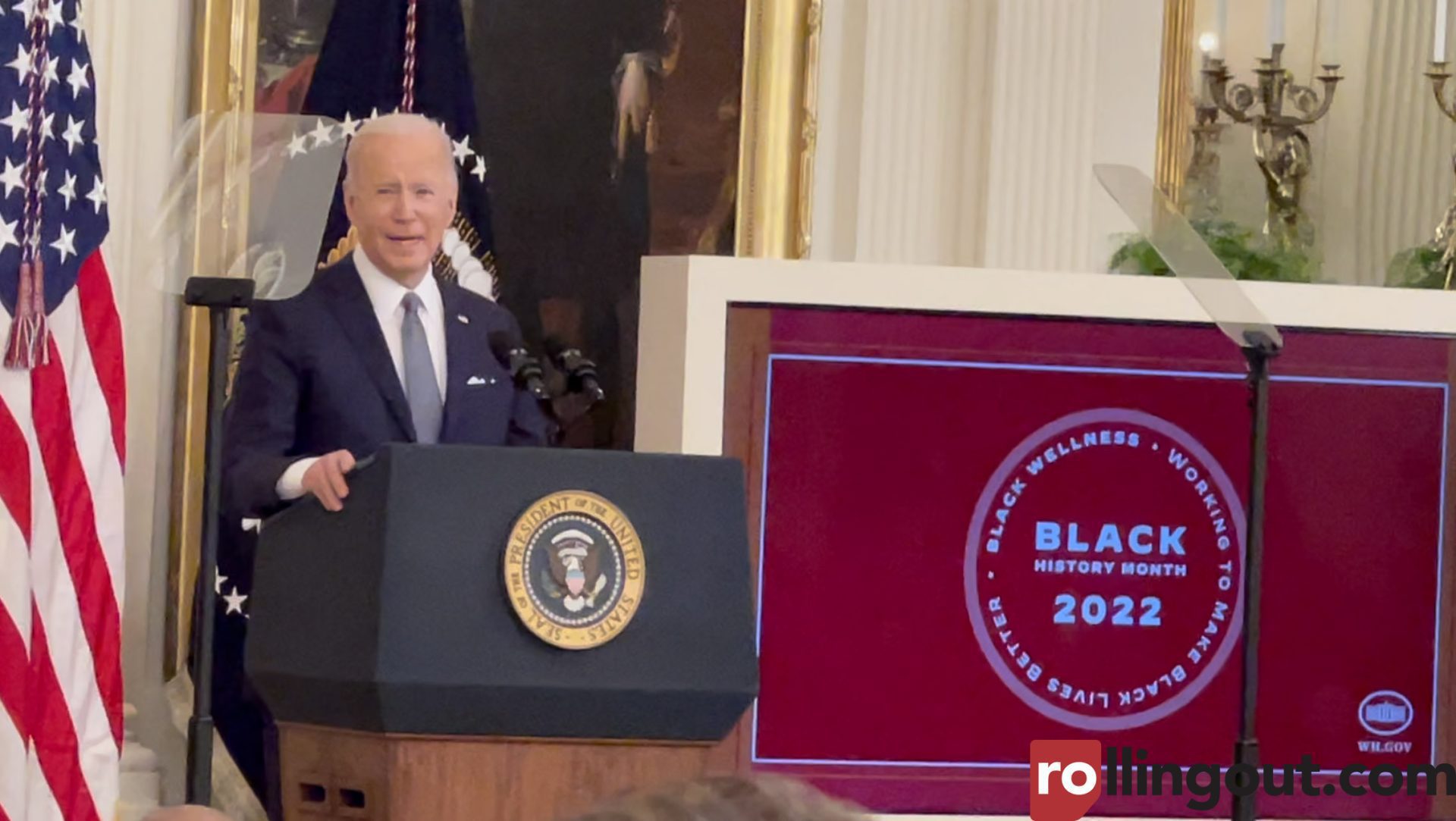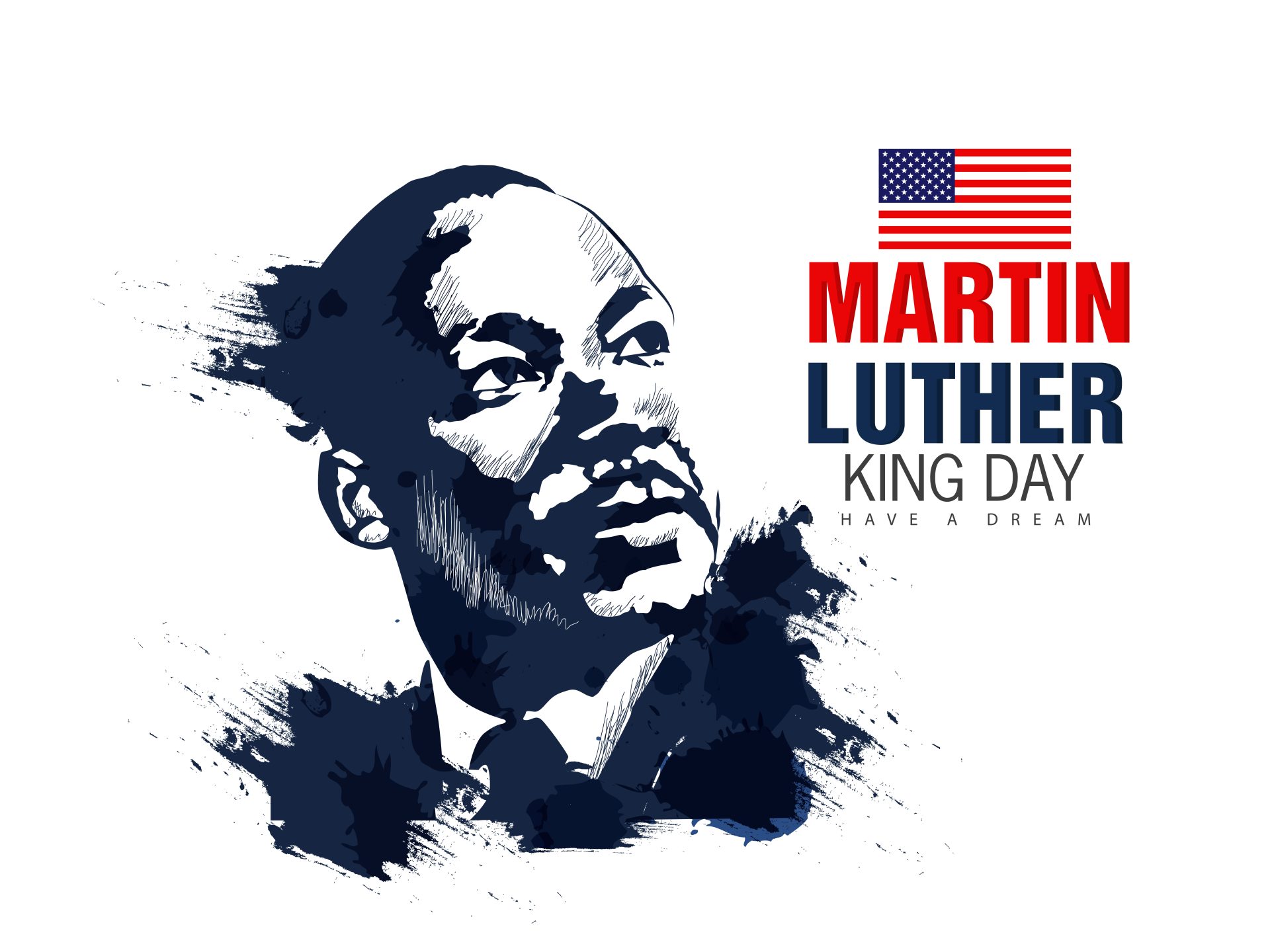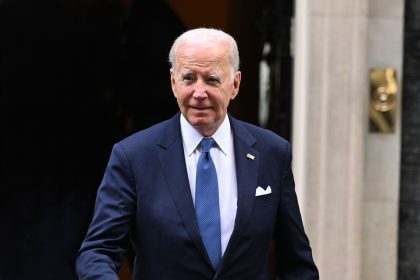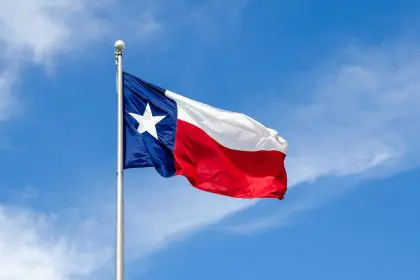Section One – American Government
Part A: Principles of American Democracy
1. The Constitution
2. Sets up the government, defines the government, protects basic rights of Americans.
3. We the People
4. A change to the Constitution or an addition to the Constitution
5. The Bill of Rights
6. Any of: speech, religion, assembly, press, petition the government
7. 27
8. Announced independence from Great Britain
9. Any two of: life, liberty, pursuit of happiness
10. You can practice any religion, or not practice a religion.
11. Capitalist economy or market economy
12. Everyone must follow the law, leaders must obey the law, government must obey the law and no one is above the law.
Part B: System of Government
13. Any of: Congress, legislative, President, executive, the courts, judicial
14. Checks and balances and separation of powers
15. The President
16. Congress, Senate and House of Representatives, U.S. or national legislature
17. The Senate and House of Representatives
18. 100
19. Six
20. Answers will vary. [District of Columbia residents and residents of U.S. territories should answer that D.C. (or the territory where the applicant lives) has no U.S. Senators.]
21. 435
22. Two
23. Answers will vary. [Residents of territories with nonvoting Delegates or Resident Commissioners may provide the name of that Delegate or Commissioner. Also acceptable is any statement that the territory has no voting Representatives in Congress.]
24. All people of the state
25. State population
26. Four
27. November
28. Barack Obama
29. Joe Biden
30. The Vice President
31. The Speaker of the House
32. The President
33. The President
34. The President
35. Advises the President
36. Any two of: Secretary of Agriculture, Secretary of Commerce, Secretary of Defense, Secretary of Education, Secretary of Energy, Secretary of Health and Human Services, Secretary of Homeland Security, Secretary of Housing and Urban Development, Secretary of the Interior, Secretary of Labor, Secretary of State, Secretary of Transportation, Secretary of the Treasury, Secretary of Veterans Affairs, Attorney General, Vice President.
37. Reviews laws, explains laws, resolves disputes, decides if a law goes against the Constitution.
38. The Supreme Court
39. Nine
40. John Roberts
41. Any one of: printing money, declaring war, creating an army, making treaties.
42. Any one of: provide schooling and education, provide protection (police), provide safety (fire departments), give a driver’s license, approve zoning and land use.
43. Answers will vary. [District of Columbia residents should answer that D.C. does not have a Governor.]
44. Answers will vary. [District of Columbia residents should answer that D.C. is not a state and does not have a capital. Residents of U.S. territories should name the capital of the territory.]
45. Democratic and Republican
46. Democratic Party
47. John Boehner
Part C: Rights and Responsibilities
48. Any one of: Citizens (18) and older can vote, you don’t have to pay (a poll tax) to vote, any citizen can vote, women and men can vote, a male citizen of any race (can vote).
49. Either of: serve on a jury, vote in a federal election
50. Either of: vote in a federal election, run for federal office.
51. Any two of: freedom of expression, freedom of speech, freedom of assembly, freedom to petition the government, freedom of worship, the right to bear arms.
52. The United States, the flag
53. Any of: give up loyalty to other countries, defend the Constitution and laws of the United States, obey the laws of the United States, serve in the U.S. military (if needed), serve the nation (if needed), be loyal to the United States.
54. 18 and older
55. Any two of: vote, join a political party, help with a campaign, join a civic group, join a community group, give an elected official your opinion on an issue, call Senators and Representatives, publicly support or oppose an issue or policy, run for office, write to a newspaper.
56. April 15
57. Between 18 and 26
Section 2 – American history
Part A: Colonial Period and Independence
58. Any of: freedom, political liberty, religious freedom, economic opportunity, practice their religion, escape persecution
59. Native Americans
60. Africans
61. Any of: high taxes, the British army stayed in their houses, because they didn’t have self-government
62. Thomas Jefferson
63. July 4, 1776
64. Any three of: New Hampshire, Massachusetts, Rhode Island, Connecticut, New York, New Jersey, Pennsylvania, Delaware, Maryland, Virginia, North Carolina, South Carolina, Georgia.
65. The Founding Fathers wrote the Constitution.
66. 1787
67. Any one of: James Madison, Alexander Hamilton, John Jay, Publius
68. Any one of: U.S. diplomat, oldest member of the Constitutional Convention, first Postmaster General of the United States, writer of ‘Poor Richard’s Almanac’, started the first free libraries
69. George Washington
70. George Washington
Part B: The 1800s
71. Louisiana
72. Any one of: War of 1812, Mexican-American War, Civil War, Spanish-American War.
73. The Civil War
74. Slavery, economic reasons, states’ rights
75. Any one of: freed the slaves, saved (or preserved) the Union, led the United States during the Civil War.
76. Freed the slaves
77. Fought for women’s and civil rights
Part C: Recent American History and Other Important Historical Information
78. Any one of: World War I, World War II, Korean War, Vietnam War, Gulf War.
79. Woodrow Wilson
80. Franklin Roosevelt
81. Japan, Germany, and Italy
82. World War II
83. Communism
84. Civil rights movement
85. Fought for civil rights, worked for equality for all Americans
86. Terrorists attacked the United States.
87. Any of: Cherokee, Navajo, Sioux, Chippewa, Choctaw, Pueblo, Apache, Iroquois, Creek, Blackfeet, Seminole, Cheyenne, Arawak, Shawnee, Mohegan, Huron, Oneida, Lakota, Crow, Teton, Hopi, Inuit.
Section 3 – Integrated Civics
Part A – Geography
88. Either of: Missouri River or Mississippi River
89. Pacific
90. Atlantic
91. Any one of: Puerto Rico, U.S. Virgin Islands, American Samoa, Northern Mariana Islands, Guam.
92. Any one of: Maine, New Hampshire, Vermont, New York, Pennsylvania, Ohio, Michigan, Minnesota, North Dakota, Montana, Idaho, Washington, Alaska.
93. Any one of: California, Arizona, New Mexico, Texas.
94. Washington, D.C.
95. New York Harbor or Liberty Island. [Also acceptable are New Jersey, near New York City, and on the Hudson River]
Part B: Symbols
96. Because there were 13 original colonies
97. Because there are 50 states
98. The Star-Spangled Banner
Part C: Holidays
99. July 4
100. Any two of: New Year’s Day, Martin Luther King, Jr. Day, Presidents’ Day, Memorial Day, Independence Day, Labor Day, Columbus Day, Veterans Day, Thanksgiving, Christmas.
(Source: U.S. Citizenship and Immigration Services)


